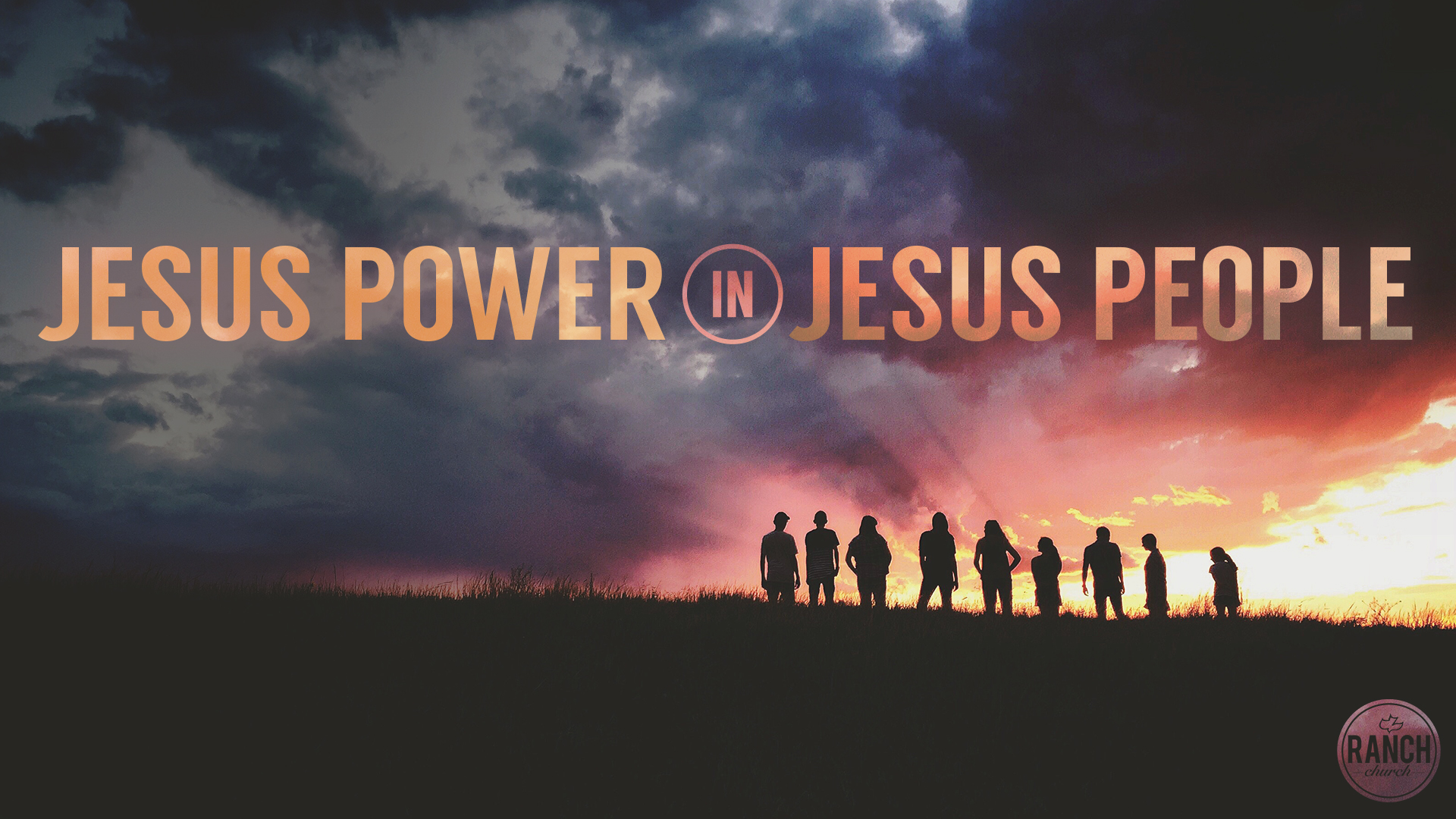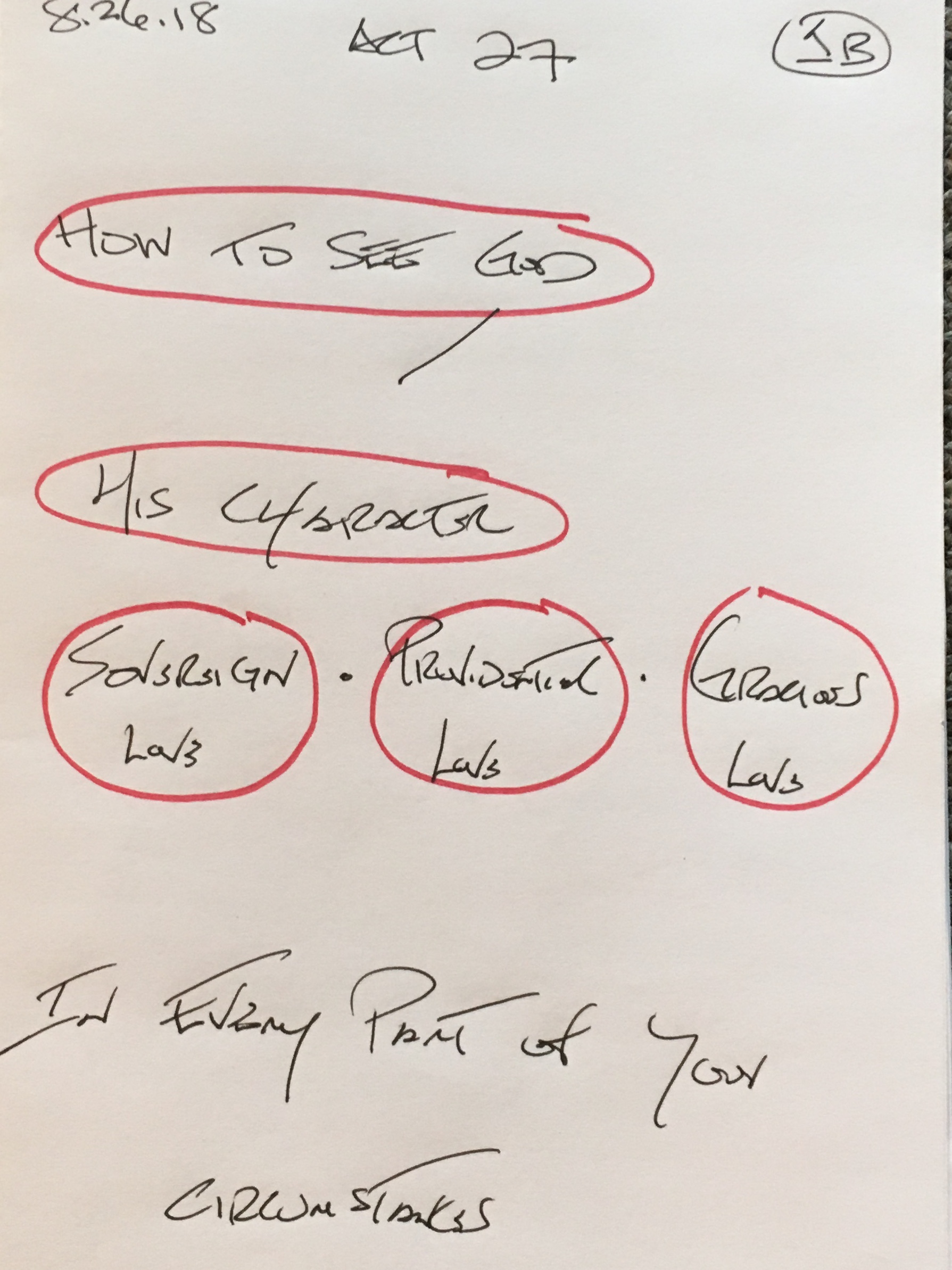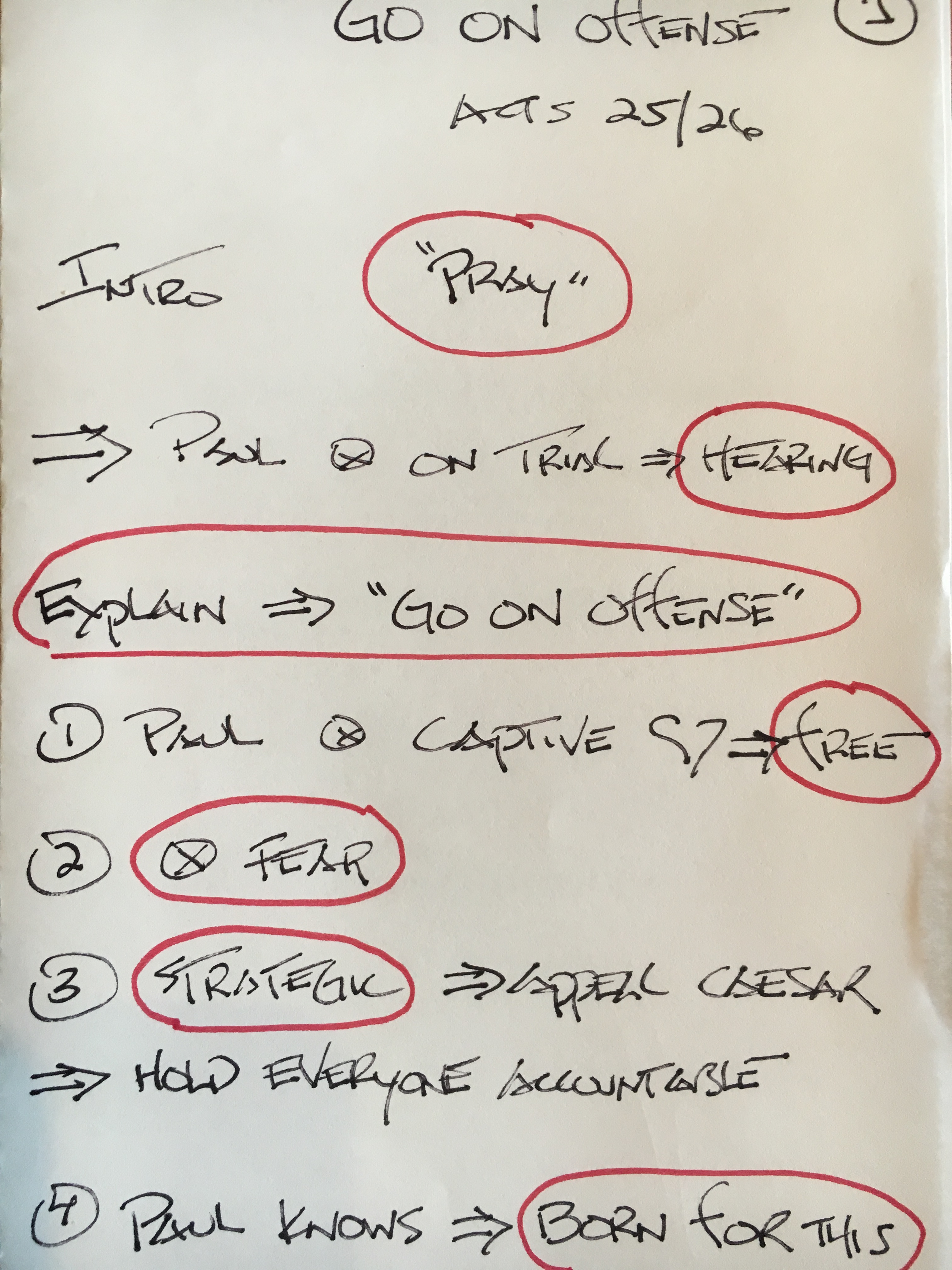True Power
True Theology
Revisiting Luke’s history on the early church “Acts,” revolves around two things—a deeper understanding of true power, and a more serious look at true theology.
Power
True power comes from being baptized in the Holy Spirit. One can only gain this after becoming “born again.” The effect is obvious as the person, work and ministry of the Holy Spirit becomes activated in the life of the believer.
Galatians 5:1 says, “It is for freedom that you have been set free.”
Galatians 5:22-23 mentions “Self Control” a fruit of the Spirit.
II Timothy 1:6-7 clarifies “Sound Mind” as a glorious by product of God’s power at work.
The gospel is not about trying harder. Effort it required but Jesus type power is not gained through self-will nore through self-focused determination. Power comes by an invasion of Christ into the heart, and by a release of heaven’s love into earthly circumstances.
Theology
Acts 2 and Acts 15 are the most crucial turning points in the book of Acts, and each chapter is rich in theological implications.
Chapter 2 illustrates the effect of Pentecost.
Chapter 15 illustrates the theology of true faith.
Let’s focus on chapter 15.
The question is asked, do I need to become a Jew to become a Christian?
The answer is no.
Why?
Because Jesus fulfilled the law and the prophets. The prior teachings of the Bible are still important and relevant, but whatever is taught from Moses to the last of the Prophets is fulfilled in Jesus.
The law in particular is central towarding understanding Acts because the Jews so frequently battled, sometimes to a literal death, against Christians.
Paul’s had an a large Jesus issue with his Jewish brethren, for the most part because Judaism did not recognize Jesus, a fatal error on the parts of the Jews.
Paul enjoyed pointing out many falsehoods to them, often using Abraham, the father of the Jewish faith, as a prime example. Abraham, Paul pointed out, was not saved because of any great deed he had done, he was saved because when God spoke to him, Abraham believed it—right there on the spot—and for doing so, believing God in the immediate, God credited to Abraham God’s righteousness.
Another way to say such a thing, is to say, “righteousness was gifted to Abraham simply because he believed what God said to him.”
Paul pointed out the cross of Jesus as the perfect example of that same principle. He who had never sinned placed on his own shoulders sin that did not belong to him. Sin did not belong on Jesus’ shoulders, but Jesus took sin and put it on himself anyway. Jesus is God, and only God has the authority to take away sin, something the Rabbi’s did not mind pointing out to Jesus.
Jesus reply to such words was exactly (my paraphrase).
The spiritual law of Moses came with wonderful blessings for obedience and terrible curses for turning against God.
Jesus, Paul pointed out, broke the curse of the law through the cross.
One of the things Rabbi’s wondered about, something the Prophet Isaiah clarified, had to do without a serious question—what do you do when you have blown it so bad you cannot find your way home?
Jesus demonstrated deliverance, and the Prophet Isaiah predicted it.
Isaiah 61 illustrates deliverance.
I end this summary with it.
The Spirit of the Lord God is upon me, because the Lord has anointed me to bring good news to the poor,
he has sent me to bind up the broken hearted, to proclaim liberty to the captives, and the opening of the prison to those who are bound,
to proclaim the year of the Lord’s favor, and the day of vengeance of our God;
to comfort all who mourn; to grant to those who mourn in Zion—to grant to them beauty for ashes, the oil of gladdness instead of mourning, the garment of praise instead of a faint spirit, that they might be called the oaks of righteousness, the planting of the Lord, that he may be glorified.





